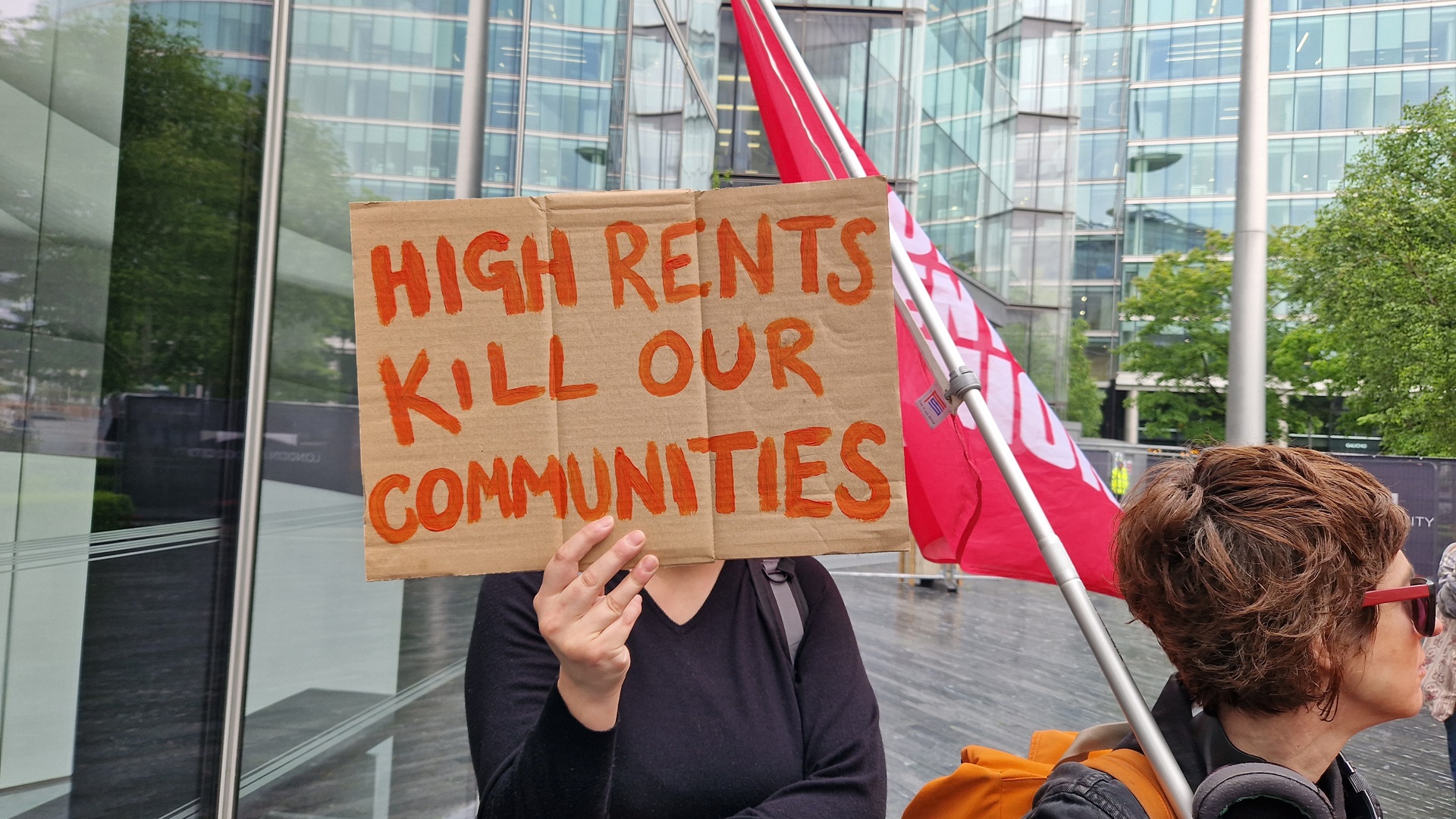Average rents increased to £1,293 in England, £730 in Wales and £952 in Scotland in the year up to April 2024.
That means renters across Britain are having to find an extra £103 more a month than they were last year.
While there was a slowdown in the rate of rises across the UK, rent inflation remained highest in London which saw prices increase by 10.8% higher than in 2023 at an average price of £2,070.
Rebecca Florisson, principal analyst, the Work Foundation at Lancaster University, a think tank for improving working lives in the UK, said legislation should force more employers to guarantee minimum hours and the Real Living Wage to help renters with housing costs.
She added that rises will “hit insecure workers hardest as they earn on average £3,276 less than those in secure jobs”.
Last month the Resolution Foundation warned rent rises would outstrip wage increases over the next three years.
Advertising helps fund Big Issue’s mission to end poverty
“Near-record private rent growth of 8.9% means the cost of living crisis is continuing for millions of people,” said Florisson.
“With only 30% of employers preparing to give above inflation pay rises in 2024, many private renters will have little breathing room to pay their increased rental costs which are already outpacing wage increases.
“This will be particularly challenging for the 1.4 million private renters in severely insecure work, who are most vulnerable to rent hikes while managing irregular hours and variable pay checks.
“There is more bad news for renters as UK house prices have risen by 1.8% on the year, putting the opportunity of buying a house further out of reach for many cash-strapped private renters.”
The Renters Reform Bill is currently making its way through the House of Lords. The much-delayed bill, which has faced accusations of being “watered down to appease landlords”, is intended to scrap no-fault evictions and give tenants more power and protections.
But it will do little to address affordability concerns, according to StepChange, or the housing supply issues that are driving people to the private rented sector and record numbers into temporary accommodation.
Advertising helps fund Big Issue’s mission to end poverty
One in three private renters have cut back on essential spending the last 12 months, the debt charity said, compared to one in four UK adults across the general population.
The same proportion of rents have used a form of credit to keep up with their rent payments.
StepChange called for the Renters Reform Bill to be strengthened to keep tenants who are struggling financially to stay in their homes.
“Even with the Renters Reform Bill currently in the Lords, private rented sector tenants are given no effective statutory protection from eviction if they do fall into problem debt,” said Tutton.
“While it’s important that this bill is progressed with a clear timeline of when Section 21 [no-fault evictions] will end, we’d like to see changes that would increase security for private renters, with protections from eviction that mirror those which already exist for mortgagors and social housing tenants.
“In the long term, we need to see a commitment to making housing more affordable and a clearer plan from government to reduce the risk of financially vulnerable PRS tenants losing their home because of rent arrears.”
Advertising helps fund Big Issue’s mission to end poverty
Big Issue Group’s blueprint for change has also called for a long-term plan to tackle the housing crisis, including ramping up building social housing.
Do you have a story to tell or opinions to share about this? We want to hear from you. Get in touch and tell us more.










